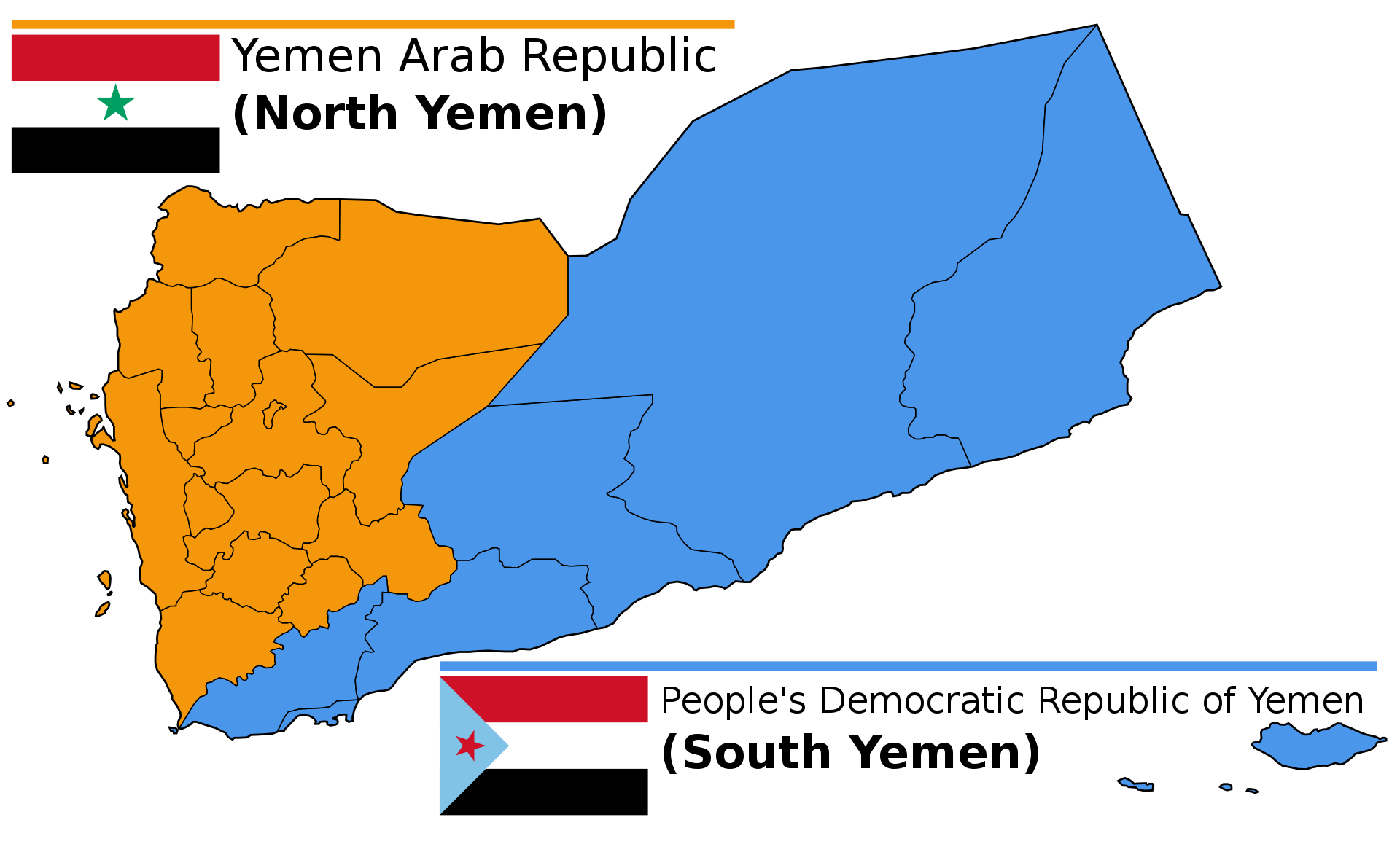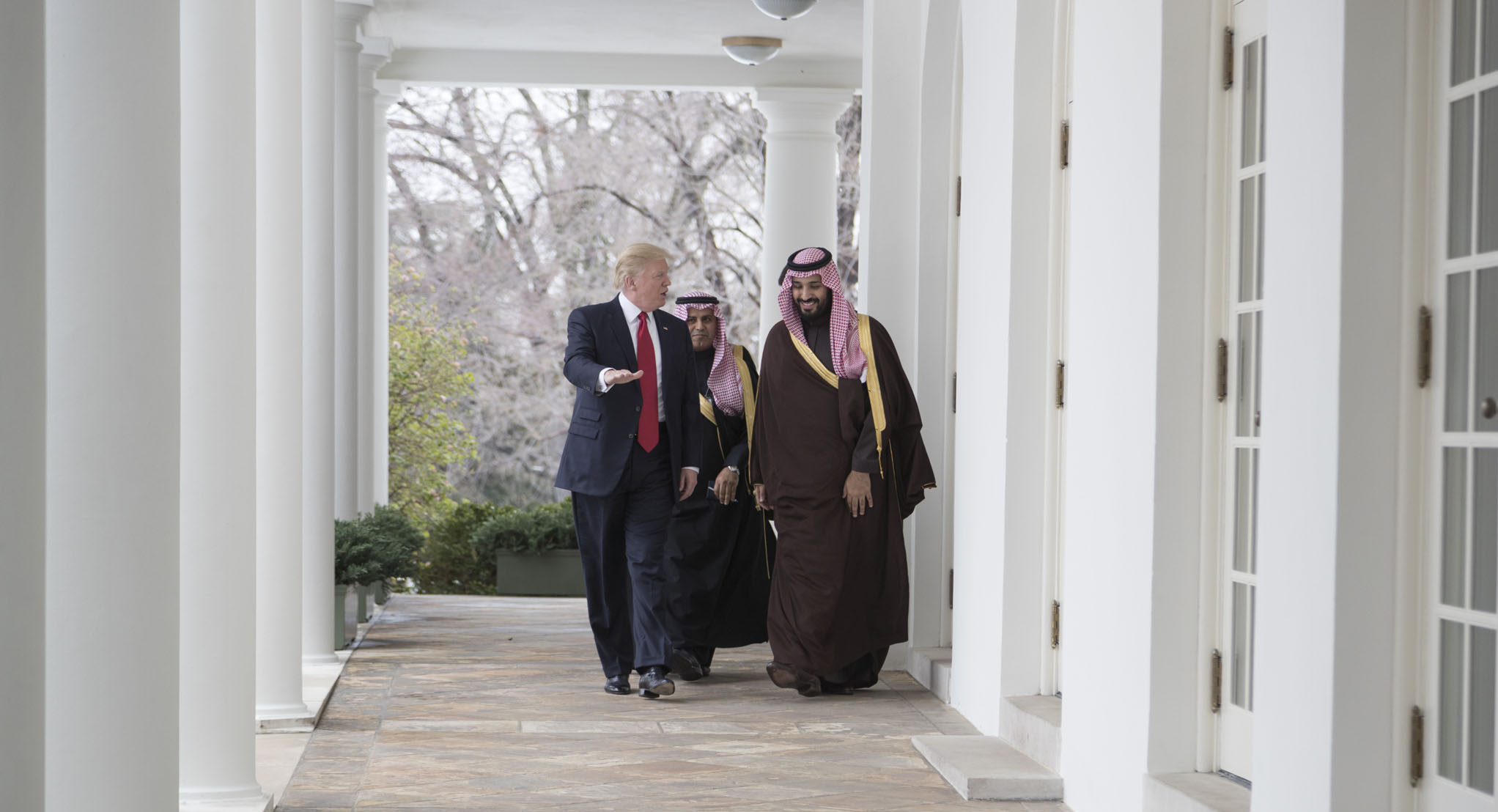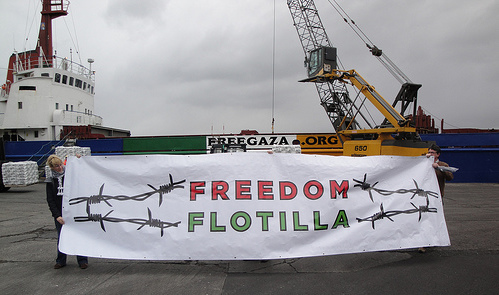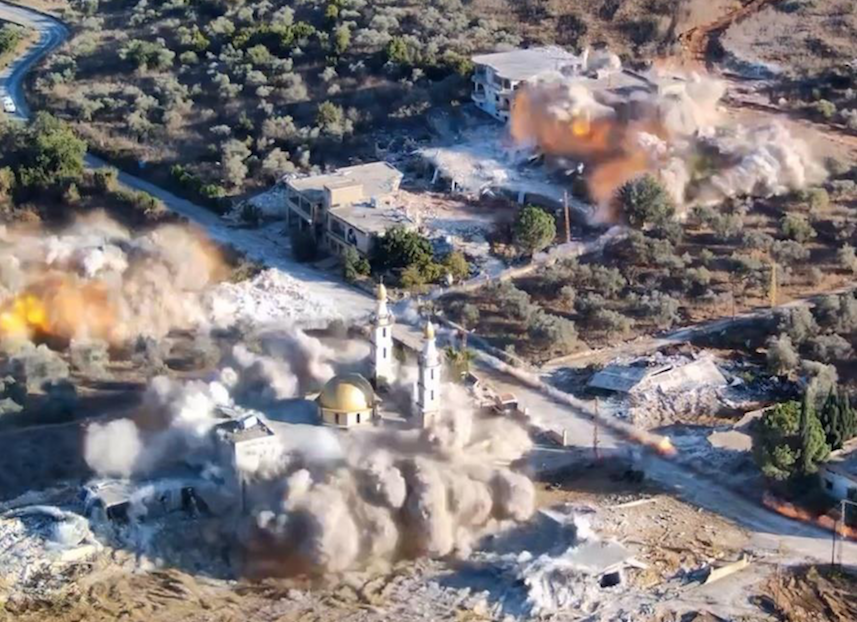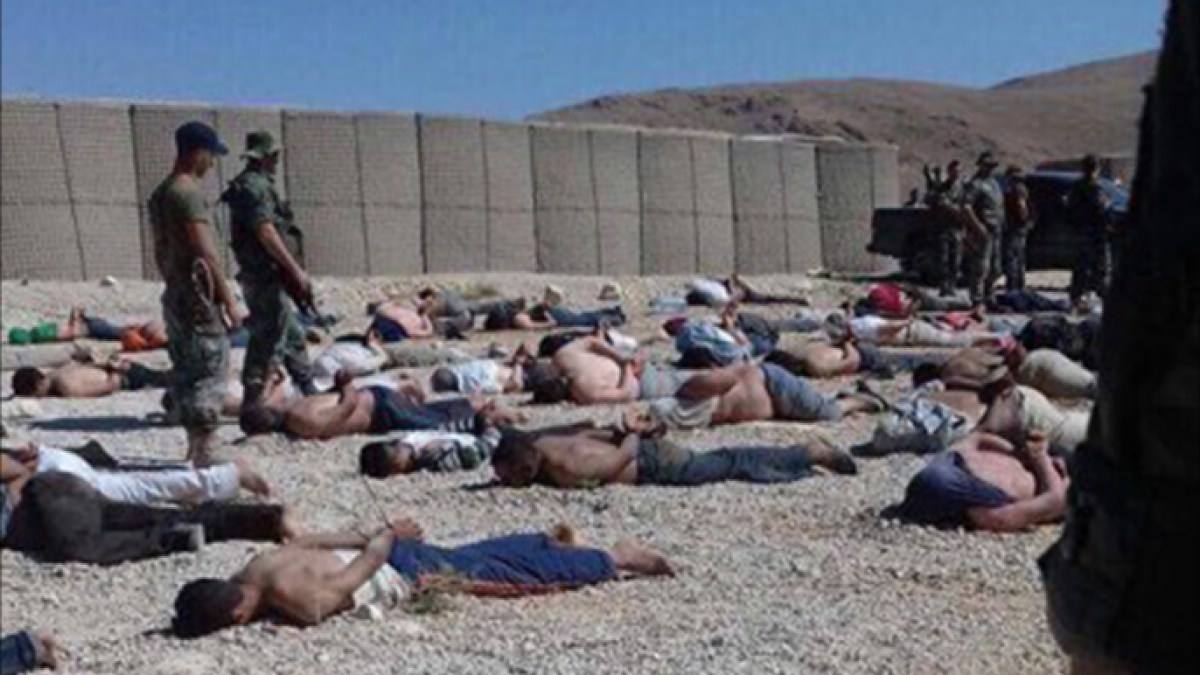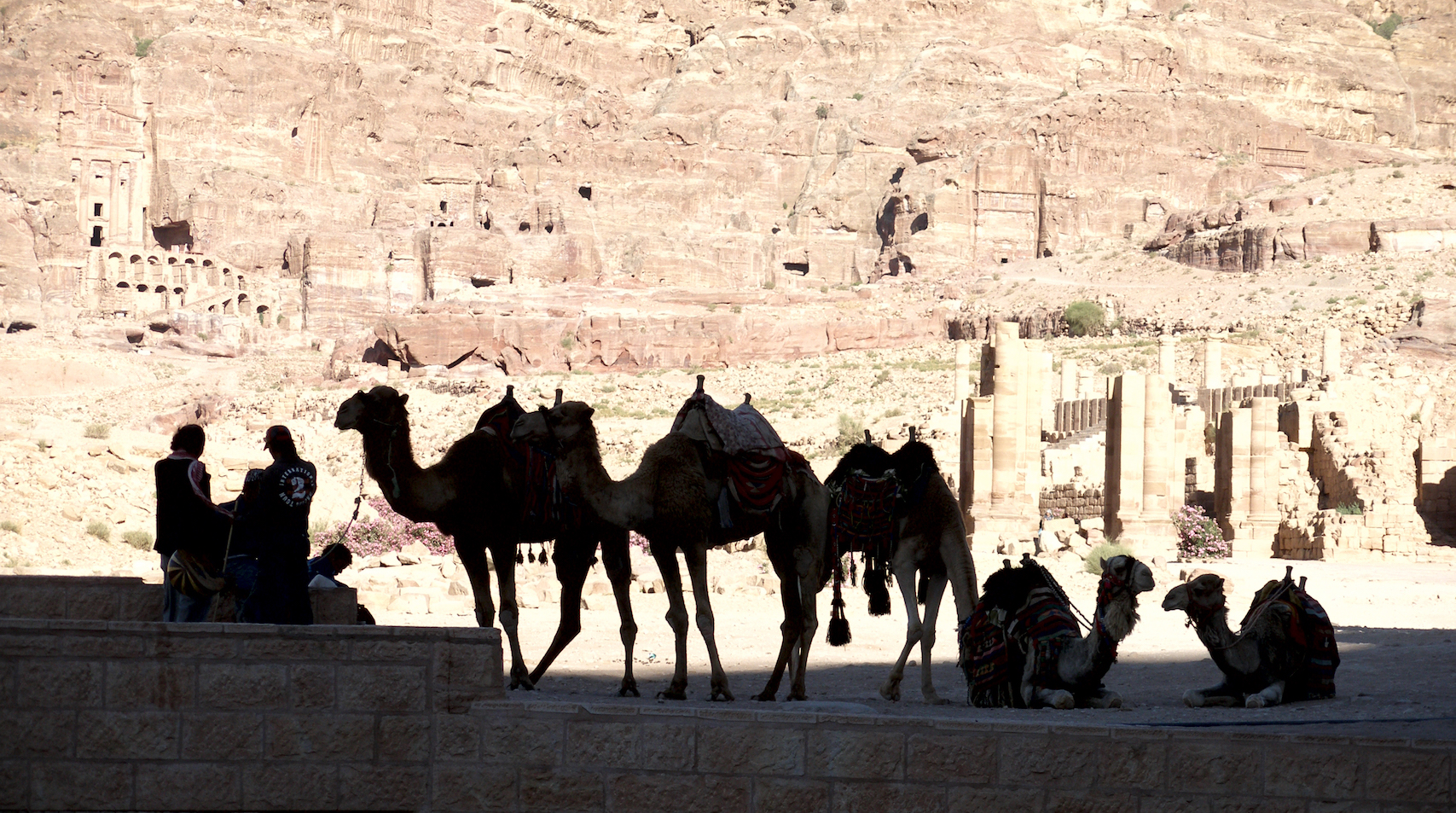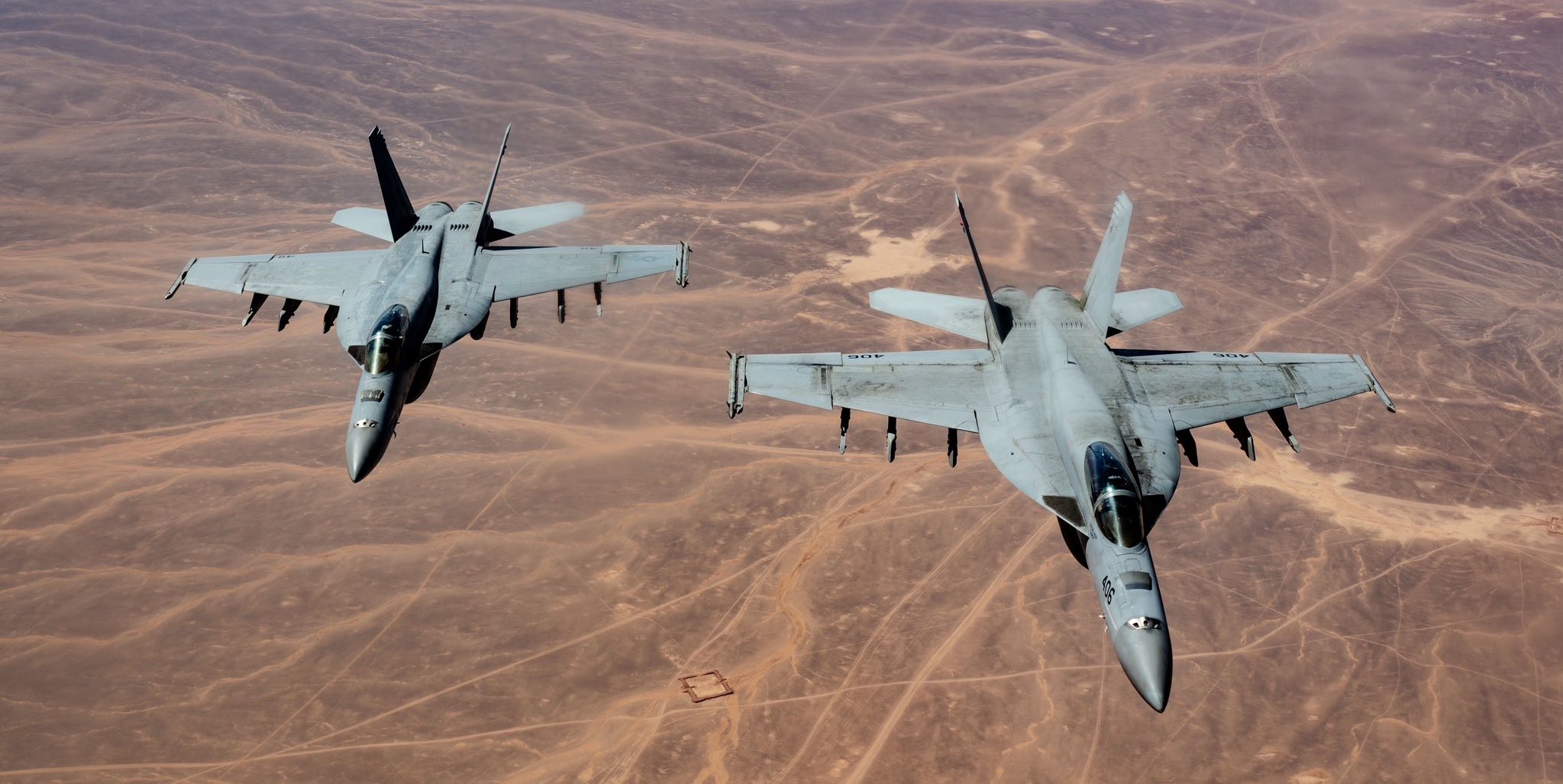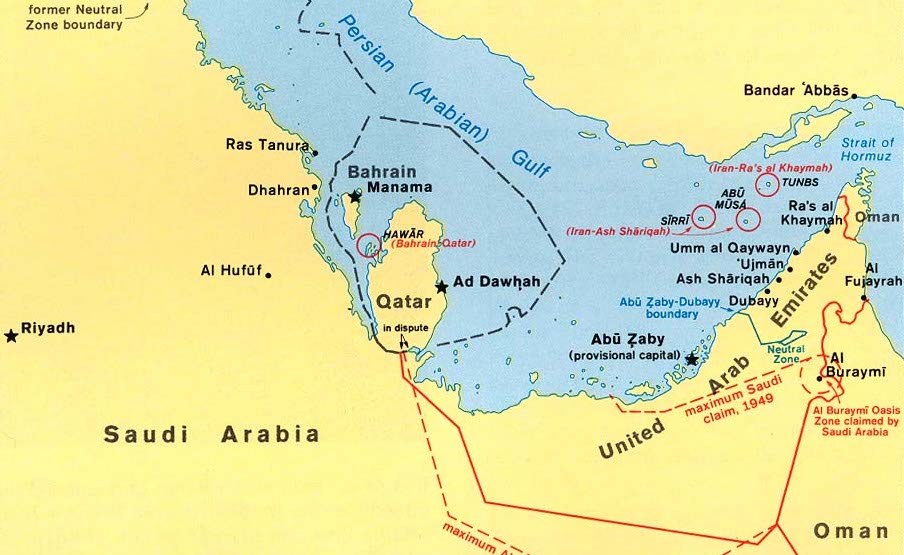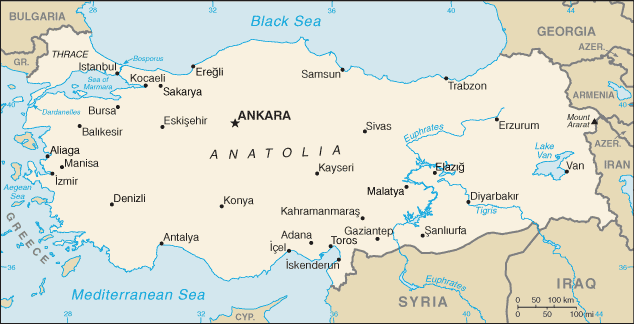
Turkey detains ISIS suspects in nationwide raids
Turkish police detained 357 people in large-scale, coordinated operations targeting the Islamic State group one day after a deadly clash between police and ISIS militants in Yalova, a small city south of Istanbul on the Sea of Marmara, amid heightened security ahead of New Year’s celebrations. Three police officers and six presumed ISIS militants, all Turkish nationals, were killed in the shoot-out in Yalova, sparked by a raid on suspected safe-house. The subsequent nationwide raids were carried out simultaneously by provincial police units, working with the national counterterrorism and intelligence departments. The raids took place in major cities including Istanbul and Ankara, as well as in Yalova and several border and interior provinces. (Map: CIA)



